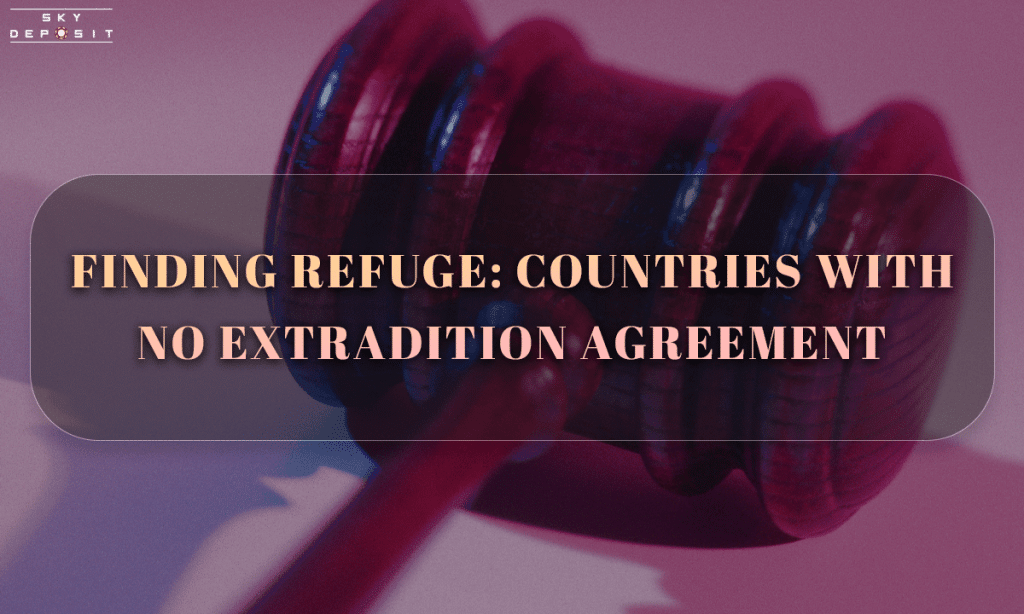
List of Best NZ Online Casinos
🔝Top-Rank 🔏 Trusted & Licensed ⚡️ Fast Payouts 🇳🇿 High Payouts
Last updated: 1 April 2025
Introduction
Extradition is the formal process where one nation or state surrenders a suspected or convicted criminal to another nation or state. The international laws governing extradition are complex and vary greatly from one country to another. Not all countries have extradition treaties, and even those that do may refuse extradition under certain circumstances. Let’s delve into countries where extradition is not a straightforward process or does not occur.
Countries with No Extradition Treaties
Several countries have no formal extradition treaties with any other country, making them potential havens for persons fleeing from justice. These countries include:
- Bhutan: Nestled in the Himalayas, Bhutan does not have extradition treaties with any other country.
- The People’s Republic of China: While Hong Kong and Macau have extradition treaties with several countries, Mainland China does not have extradition treaties.
- Taiwan: Similarly to China, Taiwan has no formal extradition treaties with any country.
- United Arab Emirates: Despite its modern image and international ties, the UAE does not have extradition agreements with many countries.
- Qatar: Like the UAE, Qatar also lacks extradition treaties with most countries.
However, the absence of an extradition treaty does not always mean that a country will refuse to extradite individuals. Ad hoc extradition, or extradition without a treaty, can occur based on the discretion of the involved countries.
Countries That Rarely Extradite
Certain countries have extradition treaties but have a historical tendency to rarely extradite. These include:
- Russia and Former Soviet Republics: Russia has been known to refuse extradition requests, even from countries with which it has treaties. This stance is often shared by other former Soviet Republics.
- Venezuela: Venezuela often refuses extradition requests, citing reasons such as political persecution or human rights concerns.
Factors Influencing Extradition
It’s also crucial to note that even countries with extradition agreements may refuse to extradite under certain circumstances. Common reasons include:
- Political Crimes: Many countries will not extradite individuals accused of political crimes, as these are often seen as politically motivated charges.
- Possibility of Death Penalty: Countries that have abolished the death penalty, like many in Europe, often refuse to extradite individuals to countries where they may face capital punishment.
- Human Rights Concerns: If there are concerns about the treatment of the individual upon return, countries may deny extradition requests.
Conclusion
While certain countries lack extradition treaties or are known for rarely extraditing, this doesn’t mean they are safe havens for fugitives. International law is complex, and decisions are often made on a case-by-case basis, considering a wide range of factors. The pursuit of justice often extends beyond borders, making the world a smaller place for those trying to escape the law.
















